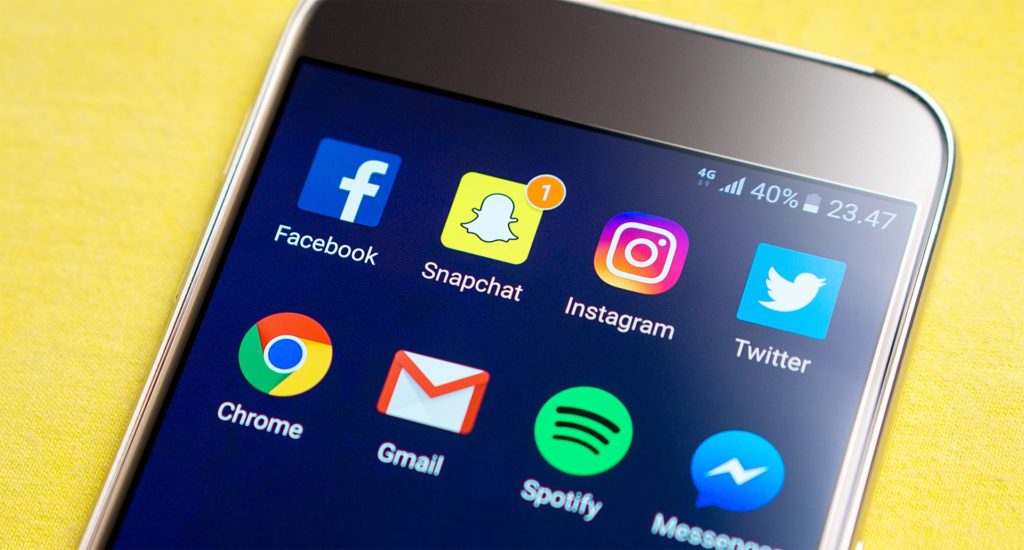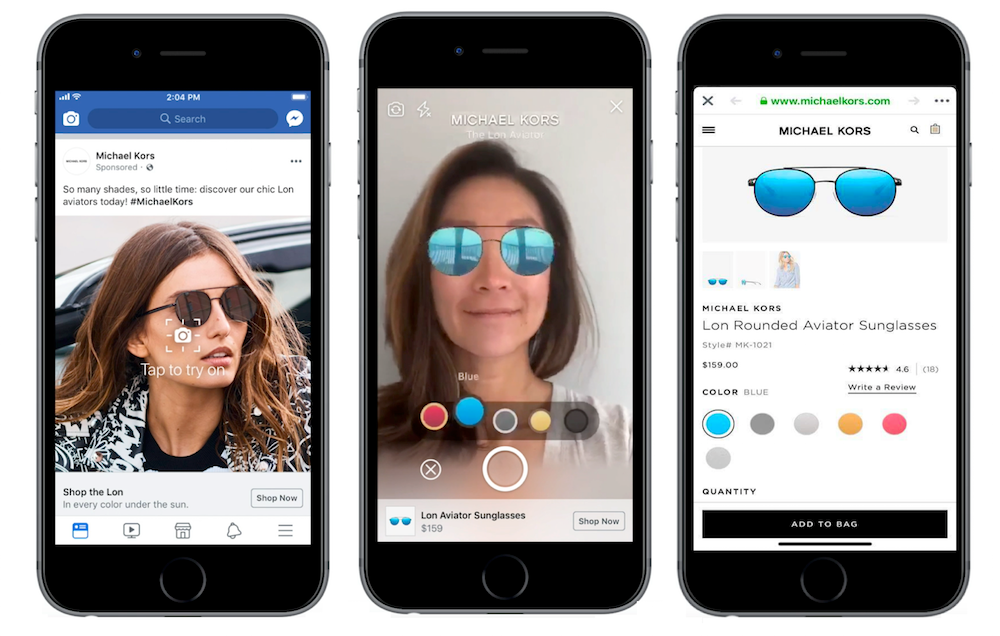If you’ve been keeping up with our monthly industry recaps, you’re well aware that online privacy has been a hot topic for social networks and other digital platforms during 2018. In July, we saw continued efforts from platforms like Facebook and Twitter to improve transparency and weed out inactive accounts to make for a better user experience. Facebook, for instance, officially rolled out a new feature that will allow users to see all ads that a page is running by visiting the “Info & Ads” tab on the brand’s profile, while Twitter announced it would be removing millions of inactive accounts from the network. Continue reading to catch up on all the industry news you may have missed in July!

Social Media
Facebook Starts Publicly Showing All Ads a Page is Running
In a bold move, Facebook has introduced the option for any user to see all the active ads any page is running at a given time. When viewing a Facebook page, users can now select the “Info & Ads” tab on the left-hand-side of the page to view promoted posts that the page is currently running across Facebook, Instagram, Messenger, and Facebook’s partner networks. In addition to viewing the ads, users will also have the option to flag a suspicious ad by clicking a “Report Ad” button. The move comes as the social network continues to work on transparency, following the Cambridge Analytica scandal back in March.
Facebook Introduces AR Ads for Virtually Testing Products

Facebook is introducing a new AR ad option that will allow users to virtually try on products, like make-up or sunglasses, from within the app. Brands including Sephora and Michael Kors are some of the first companies to try the new feature before it is rolled out to more advertisers. When users are served one of these new ads in the News Feed, they’ll be prompted to “Tap to try it on,” which will trigger their front-facing camera to turn on and they can digitally place and adjust the product over their image.
Facebook Files Patent for Emotion-Triggered Selfie Filters
A newly public patent shows Facebook is planning to expand its app’s camera features to include selfie filters that change based on your emotional state. According to the patent, the system will work to “identify an emotion” and select “based on the emotion, a mask from a set of masks.” In other words, a user will no longer have to manually select a filter when capturing a selfie video or photo. Rather, the camera will automatically identify emotions such as surprise, happiness, and anger, and apply an optional, matching filter for that mood. The new patent pushes the limits for the current technology available in other apps with similar features, including Instagram and Snapchat.
Twitter Removes Millions of Inactive Accounts

In an effort “to build trust,” Twitter announced it is removing millions of inactive accounts from the platform. According to Twitter, “inactive accounts” are those that were likely originally started by an actual user, but have since been “locked” for suspicious behavior. The social platform anticipates that inactive accounts make up about six percent of all followers on Twitter and warned high-profile accounts that they will likely see significant drops in their follower counts.
Snapchat Improves Ad Targeting Selection Thanks to Deal with Nielsen
Snapchat is teaming up with Nielsen to offer more robust advertising targeting on its platform. In an effort to bridge the gap between online and offline consumers, the move will allow advertisers to target their ads based on offline data. For instance, marketers can get so granular that they can target someone on Snapchat who purchased lipstick at a retail store offline. While Snapchat’s previous ad targeting began to introduce similar capabilities, the partnership signifies even more powerful audience targeting.
Digital Marketing
RIP Google AdWords: Google Rebrands its Family of Ad Products
In July, Google announced a rebranding of its lineup of ad products, including the retiring of “Google AdWords,” swapping it out for simply “Google Ads.” In addition to retiring the AdWords name, the rebranding will also combine DoubleClick Digital Marketing and Google Analytics 360 into a singular brand term called the Google Marketing Platform. According to Google, the rebrand comes in an effort to integrate the various selections of products available, thereby making it easier for consumers to use the platforms.






